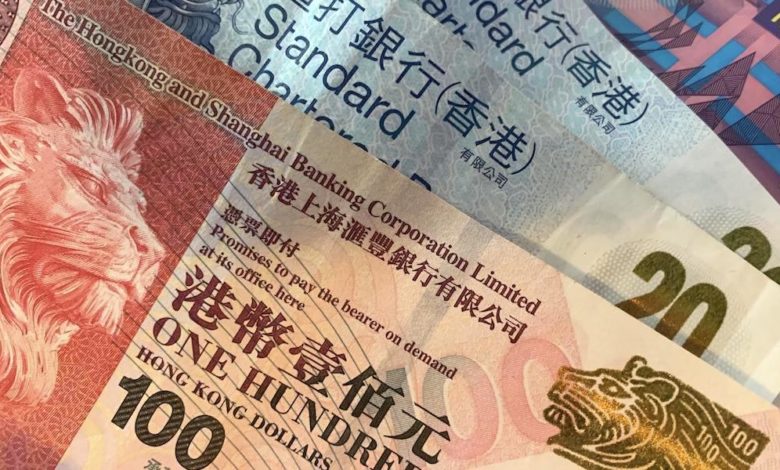Lessor haven

Hong Kong has powered ahead as one of the world’s great leasing centres thanks to generous tax perks.
The global senior debt market funded by the usual shipping banks has shrunk by at least $100bn between 2008 and now whereas the demand for seaborne trade has continued to grow at 3.5% per year.
A big part of this funding gap has been taken up by Chinese leasing companies, with many deciding Hong Kong is the best place to set up shop.
Hong Kong has powered ahead as one of the world’s top ship leasing centres, bolstered over the past year by further favourable treatment by government.
The Inland Revenue (Amendment) (Ship Leasing Tax Concessions) Ordinance 2020 complements section 23B with a new tax regime. Profits derived from qualifying ship leasing income are exempt from profits tax whereas profits from qualifying ship leasing management activities are either exempt from profits tax if the services are provided to affiliated companies, or taxed at the reduced profits tax rate of 8.25% if the services are provided to unaffiliated companies. The standard profits tax rate is 16.5%.. The regime also complies with the latest OECD requirements on issues such as domestic tax base erosion and profit shifting (BEPS).
Hong Kong’s ship leasing tax incentive conditions are now less onerous than Singapore’s
The minimum conditions for ship leasing companies are that a Hong Kong-incorporated company is managed and controlled in Hong Kong, owns or leases one or more qualifying vessels and leases these vessels out on either an operating or finance lease for use outside Hong Kong waters. They must have at least two full-time employees in Hong Kong and a minimum annual operating expenditure of HK$7.8m ($1m).
According to Conor Warde from law firm Mayer Brown Hong Kong’s ship leasing tax incentive conditions are now less onerous than Singapore’s.
It’s clear that in the 12+ months since this new bill came into force leasing deals concluded in Hong Kong have leapt.
“This new legislation plays into Hong Kong’s strengths in international finance to encourage the growth of the maritime cluster and facilitate more cross-border transactions, in particular with the Greater Bay Area (GBA),” comments Damien Laracy, partner and head of Hong Kong office at law firm Hill Dickinson.
The enactment of the bill has created a “complete and robust regime” to provide the legal and tax certainties for qualifying lessors and lease managers to set up base in Hong Kong, argues Kenneth Lam, the CEO of Credit Agricole Asia Shipfinance.
Lam is adamant that Beijing sees a strong future for the Special Administrative Region as a leasing centre. Under China’s 14th five-year plan, Hong Kong has its status as China’s international finance, shipping and trading centre confirmed, Lam points out.
“Ship leasing in Hong Kong will continue to be a focus with the right policies coming from the local government, the GBA and the state so that more shipping commercial principals will be based in Hong Kong,” he predicts, going on to suggest more independent leasing companies, not necessarily attached to large financial institutions, will set up base and grow their businesses in an attractive jurisdiction like Hong Kong.
Rosita Lau, a partner at Ince & Co and a member of the Hong Kong Maritime and Port Board, says that Hong Kong now stands out as a tax haven for ship leasing business players.
“I foresee that once the severity of the Covid-19 pandemic relaxes further, more ship leasing companies will come to operate in Hong Kong so as to enjoy the tax benefits” Lau says.
This article is part of Splash’s Hong Kong Market Report 2021, publishing to coincide with the city’s maritime week, which started on Sunday. Splash readers can access the full magazine for free by clicking here.
